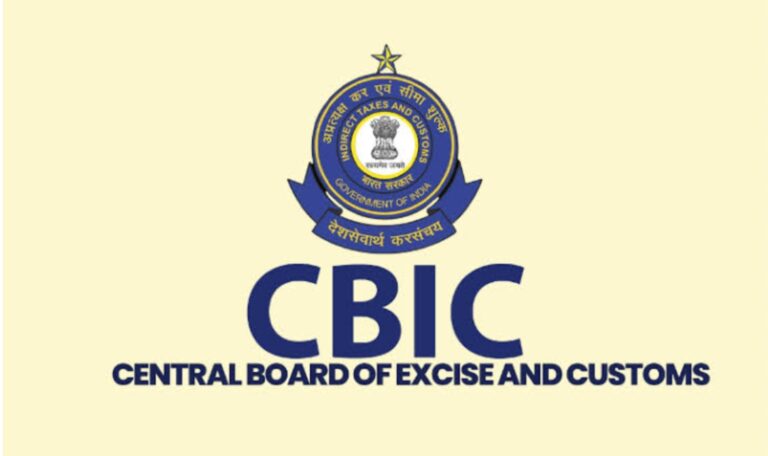In a crucial public alert on 21 july 2025, the CBIC has warned taxpayers about a new wave of fake GST violation notices being circulated online through emails, messages, and even social media platforms. These fraudulent notices are designed to mimic official GST communications and aim to deceive taxpayers into sharing sensitive information or making unauthorized payments.
⚠️ What’s Happening?
Scammers are sending fake notices that appear to be from GST authorities, claiming the recipient has committed a GST violation or is liable for hefty penalties. These notices often use forged logos, document formats, and even fabricated Designated Identification Numbers (DINs) to appear authentic.
Some common tactics include:
- Alleging non-filing or underreporting of GST returns
- Threatening penalties or cancellation of GST registration
- Including malicious links or QR codes for payment or form submission
- Impersonating GST officers using fake credentials
🔍 How to Spot a Fake GST Notice
CBIC has shared the following tips to help taxpayers identify fake notices:
- Check the DIN (Document Identification Number):
- Every authentic GST notice issued by the department contains a valid DIN.
- You can verify the DIN on the official CBIC portal under the ‘Verify CBIC-DIN’ section.
- Inspect the sender’s email/domain:
- Official communications from GST will typically come from @gov.in domains.
- Be wary of emails from free domains like Gmail, Yahoo, or suspicious-looking web addresses.
- Avoid clicking unknown links:
- Do not click on links or download attachments from unsolicited messages.
- Fake notices may carry malware or redirect to phishing sites.
- Look for language or formatting issues:
- Government communications are formal and consistent.
- Spelling mistakes, grammatical errors, or inconsistent formatting are red flags.
🛡️ What Should You Do If You Receive a Suspicious Notice?
- Do not respond or take any action based on the notice until you verify its authenticity.
- Verify the DIN using the CBIC website.
- Report the incident immediately to the cybercrime authorities through:
- Helpline: Call 1030
- Website: https://www.cybercrime.gov.in
- You can also forward suspicious emails to phishing@gov.in for analysis.
🗣️ CBIC’s Official Statement
CBIC emphasized that no genuine communication is ever sent without a valid DIN. It has reiterated its commitment to taxpayer protection and urged all GST-registered individuals and businesses to remain vigilant and report fraudulent activity promptly.
🧠 Pro Tip for Taxpayers
Always cross-check any communication with your GST portal dashboard and keep your email and mobile number updated in your GST profile to receive legitimate alerts directly.
